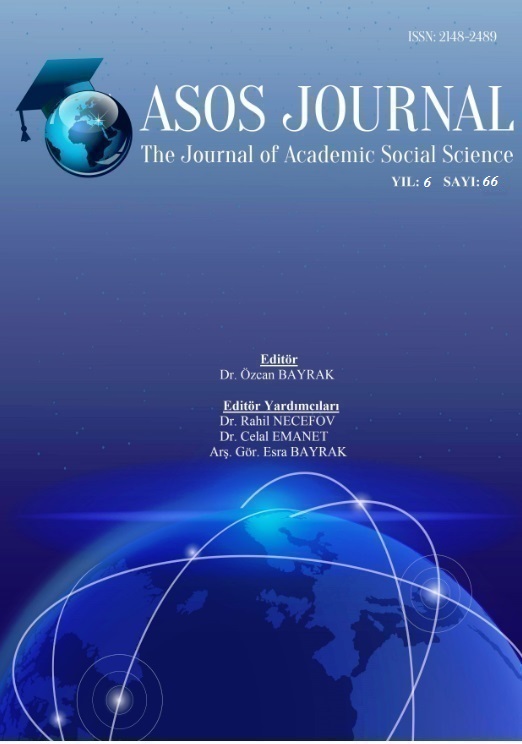Author :
Abstract
Dönemsel olarak mesleğini icra eden turist rehberleri özellikle günümüzde yaşanan siyasi krizler, terör saldırıları, ören yerlerinde sesli rehberlerin talep edilmesi gibi etmenler nedeniyle daha yıkıcı bir çalışma ortamında mesleğini sürdürmek durumundadır. Turist rehberliği mesleği diğer meslek gruplarına göre birtakım farklılıklara sahiptir. Bu nedenle turist rehberliği mesleğinde, mesleki bağlılık kavramı üzerinde durmanın faydalı olacağı düşünülmektedir. Bu çalışmanın amacı; turizm endüstrisinin önemli aktörleri arasında yer alan turist rehberleri açısından ayrı bir öneme sahip olan mesleki bağlılık kavramının ve mesleki bağlılığın alt boyutlarının neler olduğunun açıklanması olarak belirlenmiştir. Bu durumdan hareketle çalışma kapsamında; mesleki bağlılık kavramı, mesleki bağlılık kavramı ile benzer diğer kavramlar ve mesleki bağlılığa ilişkin yapılan çalışmalar irdelenmiştir. Mesleki bağlılığının geliştirilmesi bakımından çeşitli öneriler geliştirilerek çalışma sonlandırılmıştır.
Keywords
Abstract
Tourist guides who perform their profession periodically have to continue their occupation in a more destructive working environment especially due to factors such as today’s political crises, terrorist attacks, demanding audio guides in historical places. The tourist guiding has some differences according to other occupational groups. Therefore, it is thought that it is useful to consider the concept of commitment in the tourist guiding occupation. The aim of this study is to explain the concept of occupational commitment and the sub-dimensions of occupational commitment which have a separate pre-requisite in terms of tourist guides that are among the important actors of the tourism industry. Within this context, the concept of occupational commitment, other concepts similar to the concept of occupational commitment, and studies on occupational commitment were examined. The article ends with suggestions for improving occupational commitment.





